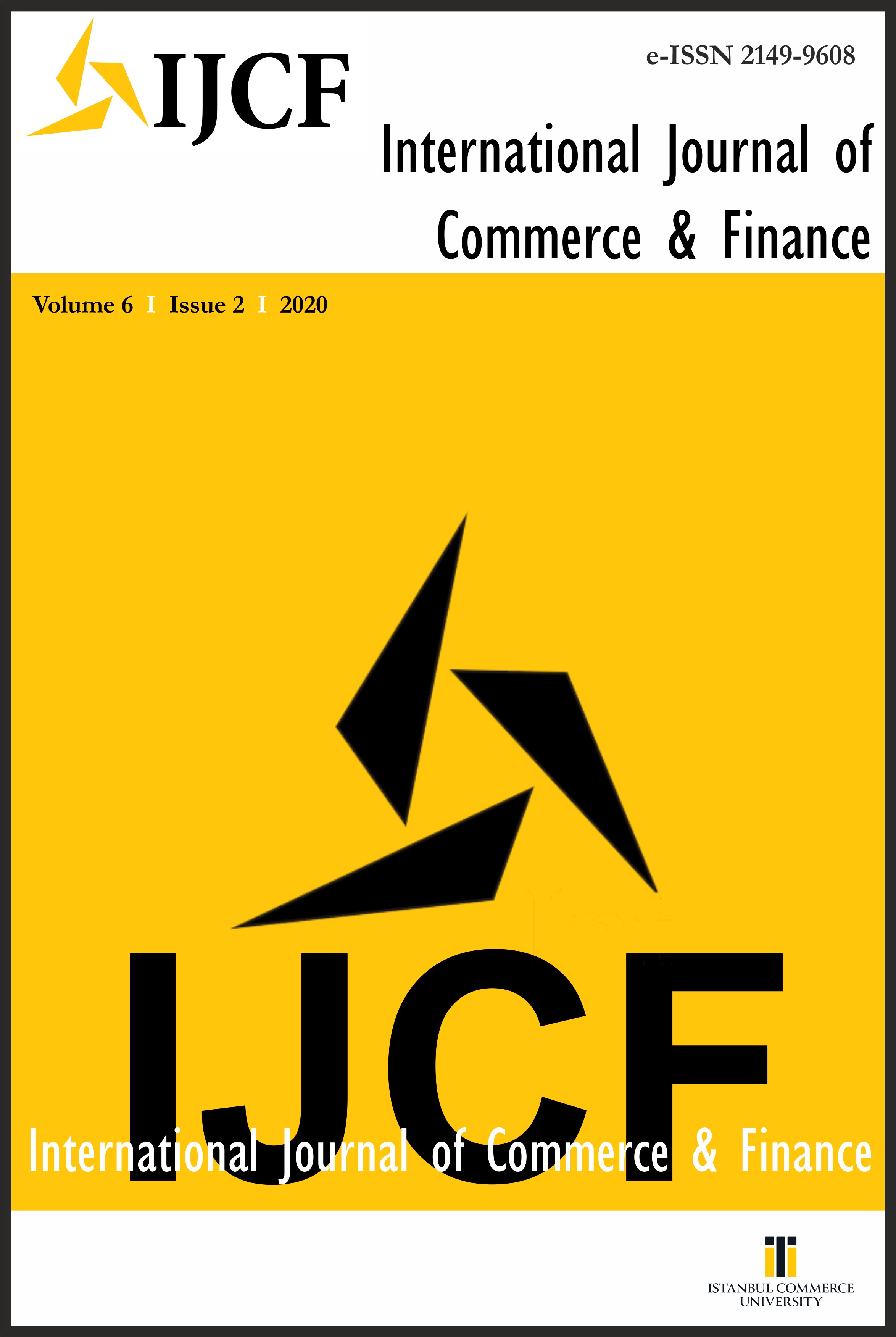Centralised or De-centralised Gender Policies ? Measuring Regional Gender Disparities in Turkey
Abstract
This study provides the most comprehensive mapping of gender inequality in Turkey, and thus helping to establish a baseline to untangle locality-specific factors stimulating gender inequality. By measuring the distance from gender parity, the findings reveal that all cities have gender inequality. However, the issue is more severe for the cities in eastern Turkey than for those in the west. We compared the socioeconomic inequality of the cities and their level of closeness to parity, to determine which indicators must be prioritised as “impact zones” for each city to act upon. But the cities do not have relatively consistent parity figures, suggesting they are not similar to one another. Therefore, the intervention policies adopted in one may not necessarily be effective in others. All in all, the Turkish case explored in this study offers insights for other developing countries to review their policies to overcome their “gender inequality trap”.
Keywords
Full Text:
PDFIndexing and Abstracting Services










Other Sources and Services



License

International Journal of Commerce and Finance is licensed under a Creative Commons Attribution-NonCommercial-4.0 International (CC BY-NC 4.0) License.
Mailing Address
| International Journal of Commerce and Finance Örnektepe Mah. İmrahor Cad. No: 88/2, Beyoğlu 34445 / İSTANBUL, TURKEY E-mail : hersoy@ticaret.edu.tr |



